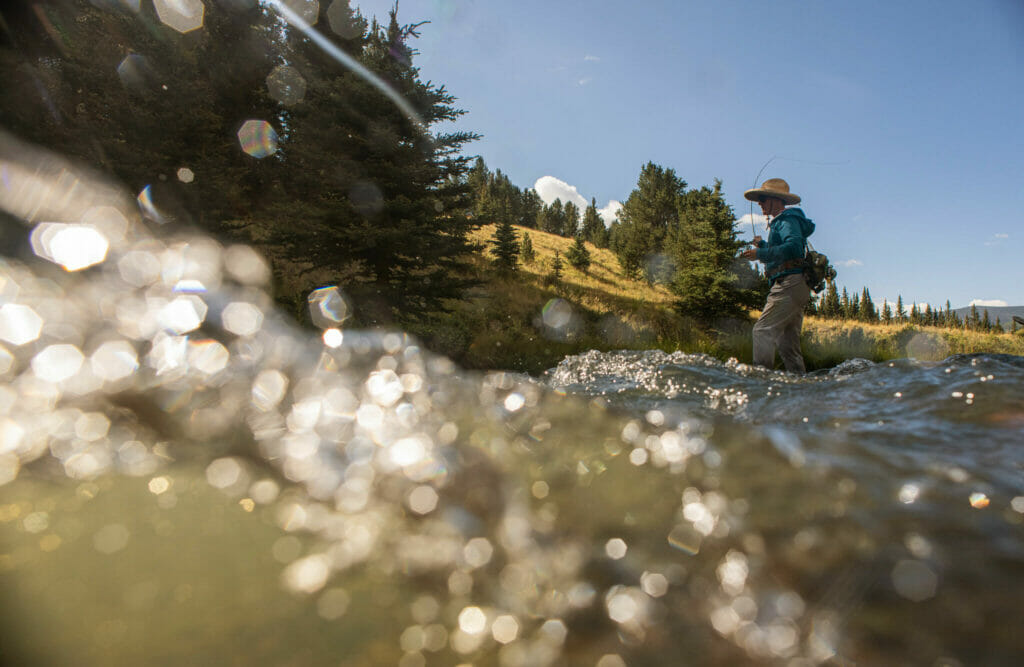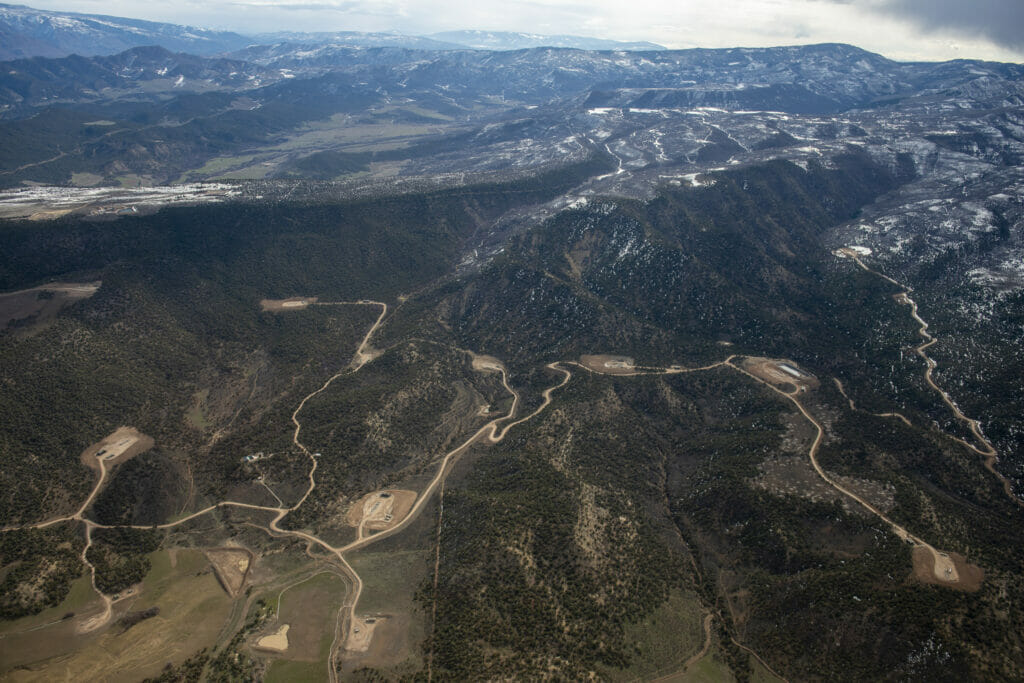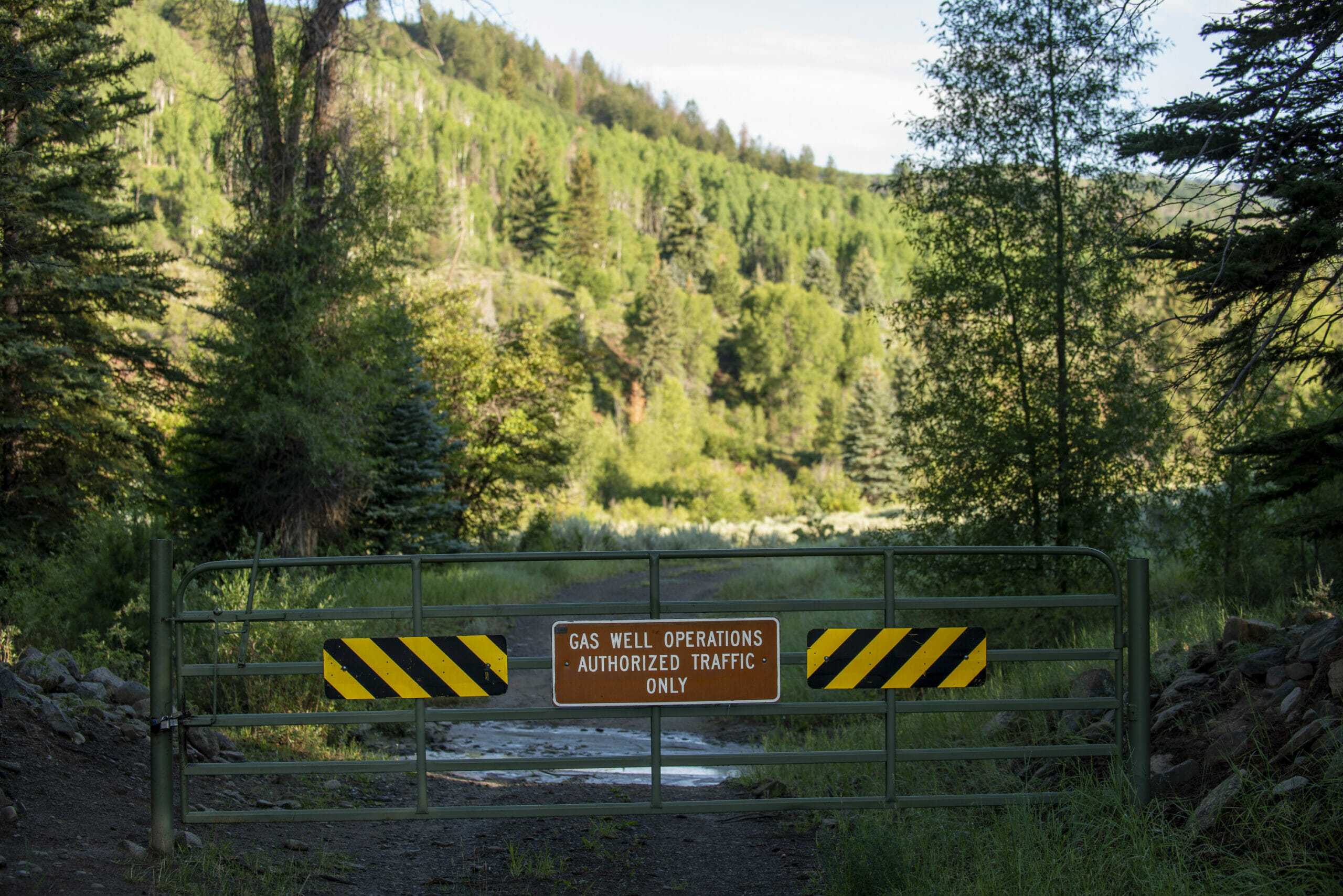If you ask anglers across America about changes they are observing in their favorite watersheds, it is a safe bet they can share concerning stories. Lower rivers caused by diminished snowpack, less rainfall and more frequent and intense droughts. Basins ravaged by wildfires and hotter summers that routinely elevate river temperatures above levels suitable for trout and salmon. Many will tell you that they are traveling farther north, or hiking higher into the mountains, to encounter wild trout. Others may tell you that heat-tolerant species are proliferating in waters that used to be bastions for native coldwater salmonids.

Anglers can tell you firsthand how the changing climate is already imperiling wild trout and salmon because we attune ourselves to the environment to help us chase those fish. We see the changes with our own eyes and measure the changes with our river thermometers and water gauges. The facts are staring us in the face.
Trout Unlimited has long made rivers resilient to climate change by, among many other things, restoring riverside vegetation that casts water-cooling shade and keeps river channels deep by preventing riverbank erosion. However, river resilience by itself is no longer enough to preserve the coldwater salmonids we treasure. Climate change is simply outpacing our efforts.
President Joe Biden may or may not be able to tell a ‘bugger apart from a baetis, but his executive order, Tackling the Climate Crisis at Home and Abroad, takes an important (and overdue) step toward addressing climate change. At the same time, he is directing federal agencies to make evidence-based policies about climate change that are grounded in science and the best available data. This should be especially heartening to anglers, who have long been observing and gathering some of these data.
Although the executive order is an important first step, additional steps that substantially reduce climate warming emissions are urgently necessary to avert the most devastating harms climate change will wreak on coldwater habitats. As Trout Unlimited President and CEO Chris Wood recently noted, “The longer we put off addressing the causes and effects of climate change, the higher the price we will pay.”
Several of the larger programs addressed in the executive order are discussed below.
Conserving lands, waters and ocean fisheries
The executive order directs federal agencies to work with states, tribes, local governments, landowners, fishermen, farmers, ranchers, and scientists to conserve at least 30 percent of our lands and seas by 2030, reduce wildfire risks, and make ocean fisheries more resilient to climate change. If we are successful in these efforts, the benefits to anglers and fisheries could be tremendous. Conserving intact landscapes and oceans will protect the biodiversity of spawning rivers, watersheds, and the landscapes on which such biodiversity depends. Newly conserved lands also will provide anglers fresh opportunities to access clean, cold, fishable waters. And for those of us who chase anadromous and saltwater species, the concerted plan to protect oceans and their fisheries will help to ensure those fisheries persist for future generations. Most importantly, conserving our lands and waters will help remove carbon from the atmosphere and sequester it in the natural environment. It will also help to avert the large-scale species extinctions that are already occurring because of massive habitat losses and disruptions. Anglers should be heartened by this goal of the executive order, as we have long known that conserving land and water is essential to the survival of fisheries.
Fostering the next generation of conservationists
The executive order also directs the secretaries of the Interior and Agriculture to create a Civilian Climate Corps to mobilize a new generation of conservations. Modeled on Franklin D. Roosevelt’s Civilian Conservation Corps, which provided millions of jobs on conservation projects to unemployed people during the Great Depression, the new Civilian Climate Corps will provide jobs dedicated to conserving and restoring our lands and waters. Anglers will benefit from work done by Civilian Climate Corps employees who reforest the lands through which rivers run, improve access to those rivers, protect the biodiversity within those rivers and sequester carbon in agricultural and forestry sectors. If successful, the Civilian Climate Corps will foster a new generation of conservationists dedicated to the types of projects long valued by anglers.
Restoring damaged lands, waters and economies
President Biden directed more than a dozen federal agencies and departments to coordinate their resources, programs, and efforts to create jobs in hard-hit economies in former coal, oil, gas, and power plant communities. The new jobs will focus on reclaiming abandoned mines, reducing methane emissions from existing and abandoned gas infrastructure, and plugging oil, gas and brine leaks in wells. Trout Unlimited has long engaged in such reclamation work. By using local contractors, TU is supporting jobs in rural economies. Reclamation can improve water quality in adjacent watersheds and revitalize damaged fisheries and the outdoor recreation economies that depend on them. In addition to reclamation work, the goal of reducing methane emissions from gas infrastructure will be critical to slowing climate change. Methane is a particularly potent greenhouse gas that traps significant amounts of heat in the earth’s atmosphere and causes an outsized impact on our warming climate and rivers. Altogether, this program could have many positive outcomes for coldwater habitats and fish.
Pausing new oil and gas leases on public lands and offshore waters
The executive order also directed the Secretary of the Interior, in consultation with the secretaries of several other agencies, to “pause” new oil and gas leases on federal lands and offshore waters. This pause is intended to provide the administration time to review the federal leasing program and to assess its stewardship responsibilities on public lands and waters.

To understand the potential consequences of this directive, it is important to note what it does and does not do. It does not permanently ban the issuance of oil and gas leases on public lands or waters. Instead, the order temporarily pauses the issuance of new leases pending a review of federal leasing practices. Nor does the order prevent drilling by those who already hold leases. These distinctions drive the short-term effects of the order. Approximately half of all drilling leases approved between 2014 and 2019 remain unused. And 2020 saw a significant increase in new leases, most of which have not been used. Companies holding these unused leases can continue drilling new wells on public lands for years to come. Companies can also drill on private lands, where approximately 90 percent of oil and gas development already occurs. What President Biden chooses to do in the longer-term remains to be seen.
Putting all that aside, drilling on public lands could have meaningful impacts on coldwater species and climate change. Public lands are habitats for iconic western species like native cutthroat trout and sage grouse, and for the beloved eastern brook trout. Many of those habitats are also among America’s most beautiful landscapes. In addition, fossil fuels extracted from America’s public lands and waters cause nearly 25 percent of all U.S. greenhouse gas emissions, according to a USGS report. If America’s public lands were their own country, they would be the world’s fifth largest greenhouse gas emitter. The ways in which we choose to approach drilling on our public lands and waters will have consequences for our warming climate and the species that call those places home.
Chase S. Whiting is a volunteer on Trout Unlimited’s Climate Change Workgroup and serves in the Central Vermont Chapter of Trout Unlimited. He is an attorney dedicating much of his time to protecting the land, forests and waters of Vermont and the Adirondacks.


